Bodily Anatomy and Integrity (BAI)
The BAI project was a 2-year project that aimed at promotion of Universal Health Coverage (UHC) and HIV prevention among key populations by engaging stakeholders. It seeks to address the specific healthcare needs of marginalized groups through advocacy and implementation of tailored UHC strategies. The project emphasizes the importance of HIV prevention and creating a supportive environment for comprehensive healthcare services for key populations.
The project also focused on advocating for the protection and promotion of sexual and reproductive health and rights (SRHR) for individuals with diverse sexual orientations, gender identities, and expressions. It aimed to eliminate discrimination and ensure access to comprehensive SRHR services by engaging policymakers, healthcare providers, and community leaders. Thereby creating an inclusive environment that upholds the rights of individuals with diverse SOGIESC.
Policymakers and duty bearers were strategically involved to support access to safe abortion services. The project advocated for the recognition of safe abortion as an essential component of reproductive healthcare and women’s rights. The project contributed to raise awareness, remove barriers, and promote evidence-based information and quality reproductive healthcare services.
Hence, empower women to make informed decisions regarding their pregnancies and access safe abortion when needed. Overall, this project demonstrates a commitment to advancing health and health rights in Malawi. By engaging 563 various stakeholders, advocating for inclusive policies, and removing barriers, the project contributed to the creation an environment where everyone can access comprehensive healthcare services, exercise their SRHR, and make informed choices about their reproductive health.
The BAI Malawi consortium had its fair share of challenges in the implementation year. For instance, some key stakeholders were not represented during high level meetings. The Ministry of Finance was not present during deliberations in the National Health Budget Briefing and Advocacy meeting for CSOs and Development Partners in Malawi. Also, Malawi encountered a kwacha devaluation of about 25% and a fuel price increment, leading to an increased cost of living. Furthermore, the consortium encountered resistance from the state actors to support TOP bill law reform advocacy. Lastly, the BAI Alliance, through research, also noted that there is minimal knowledge among stakeholders on SRHR laws and policies.
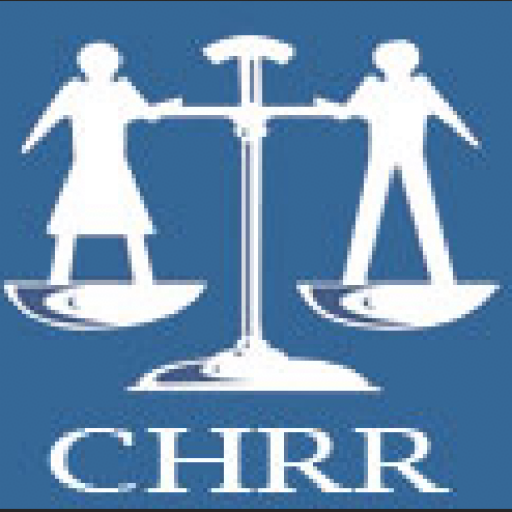
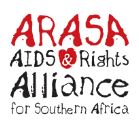
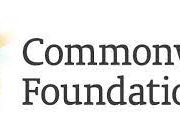


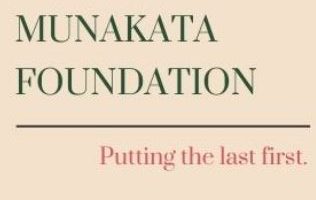
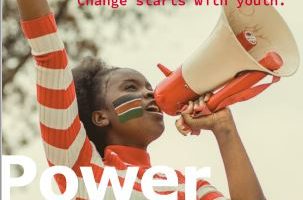




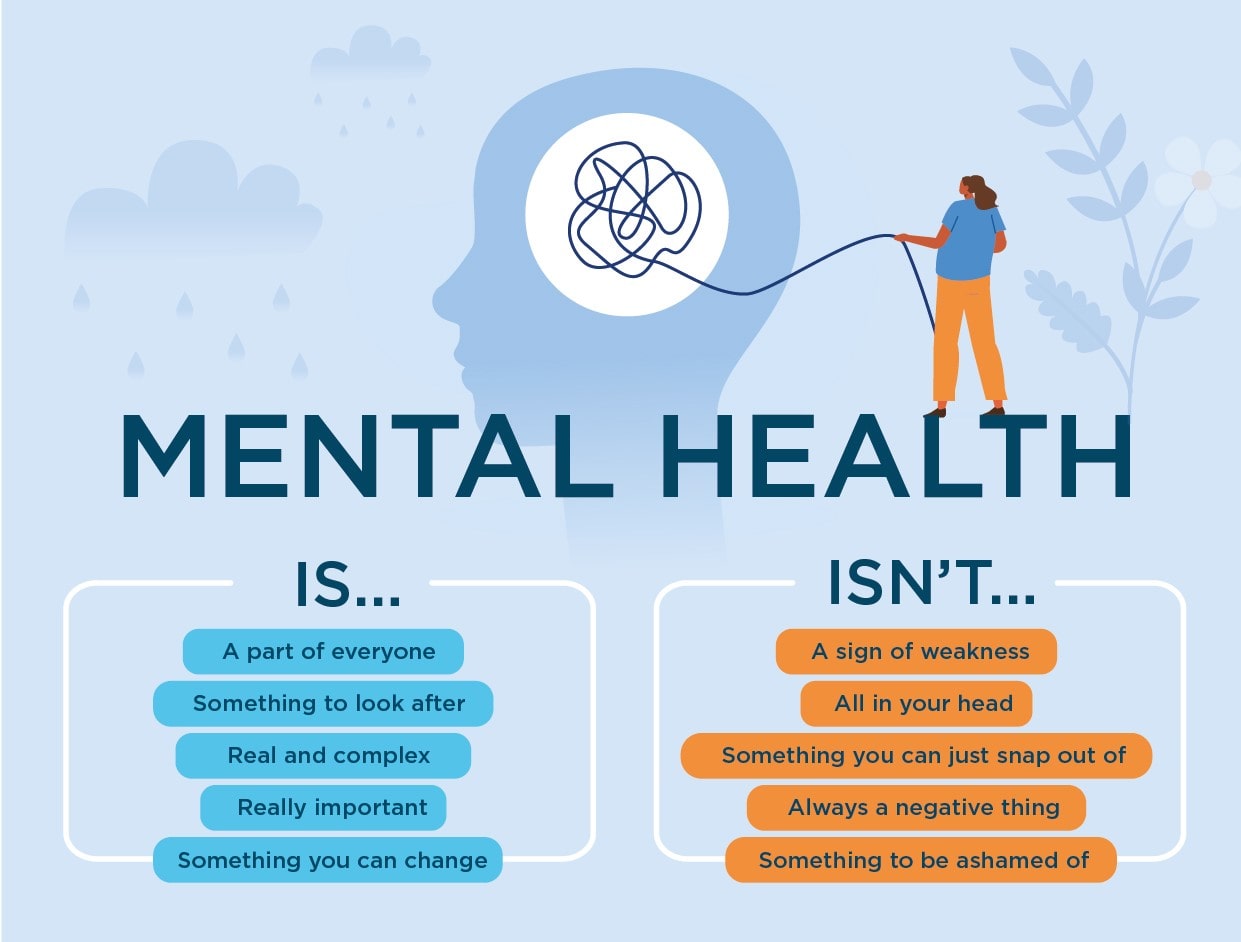

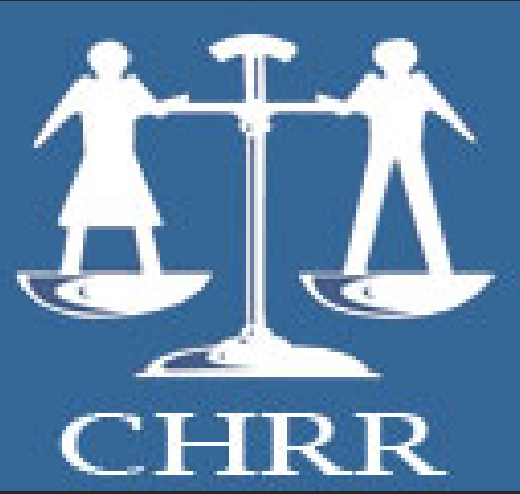


Comments